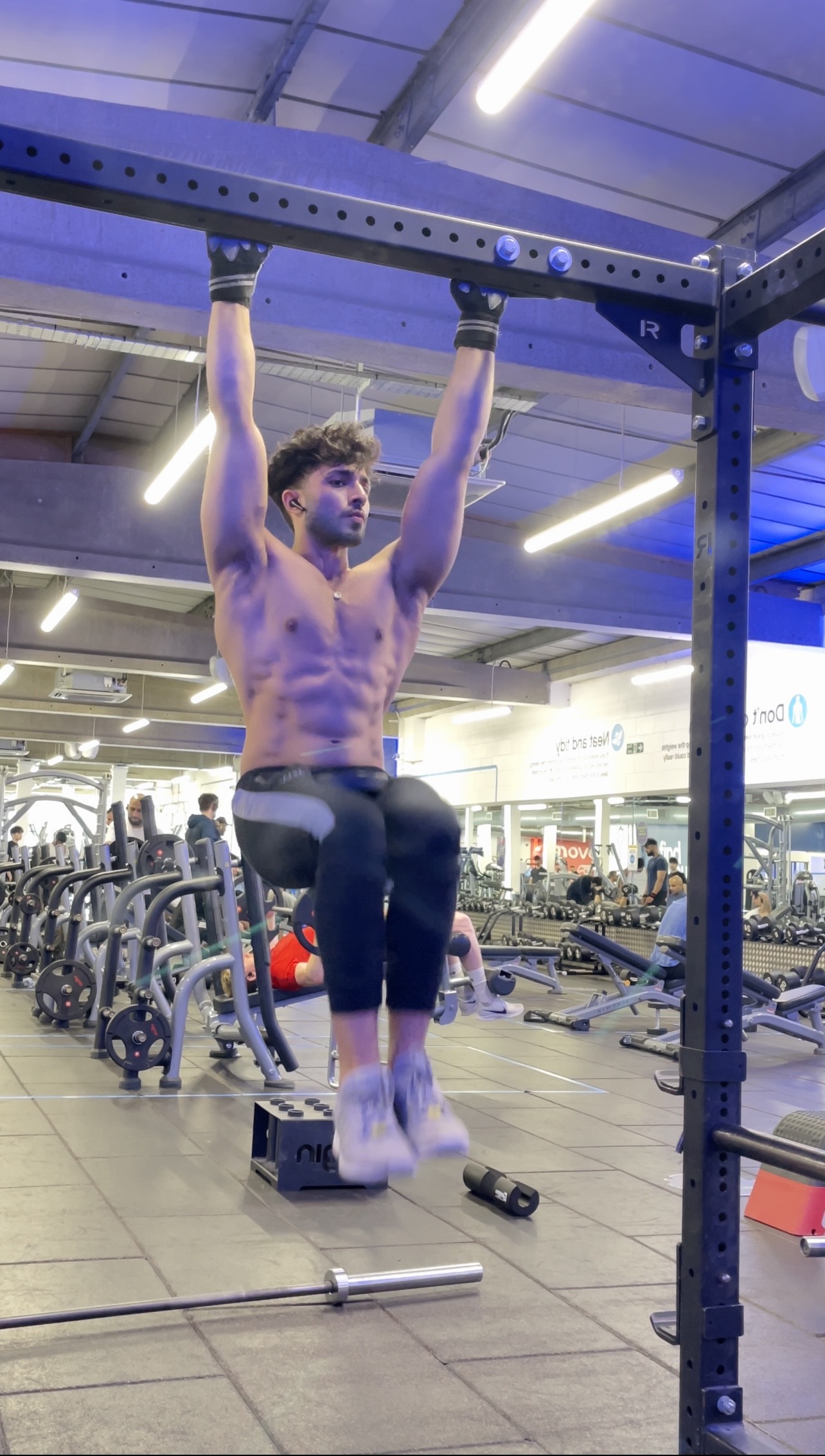 Zack Chug discusses why he thinks weightlifting is so crucial to the wellbeing of a dentist – and their patients too.
Zack Chug discusses why he thinks weightlifting is so crucial to the wellbeing of a dentist – and their patients too.
Why did you start getting involved with weightlifting and the gym?
I started my weight loss journey in the gym. Ever since then it has become a huge part of my life to keep myself physically and mentally healthy. Being a fitness and social media influencer, I find it extremely important to practise what I preach so it is part of my daily routine to engage in some sort of exercise or physical activity.
The gym is a great place for my mental health. I always start my mornings off in the gym. Going to the gym releases endorphins – the best and most ideal way to start your day off positively. The gym truly allows me to de-stress. As a dental student this is vital when the academic side of things gets a bit too intense.
I work in the most effective and productive way when I have a good balance on the scale of fitness and academic life.
How do you think weightlifting impacts your dentistry?
From my personal experience, effective weightlifting does cause normal muscle soreness. This is fine as it does not take your body too long to recover at all – maximum 48 hours.
However, I always make sure I train on non-clinical days so I don’t find myself experiencing soreness whilst sitting in a dental chair for a big chunk of my day. When training, it is fundamentally important you do not exert any excess force on your joints as this can greatly impact your clinical dentistry.
On a daily basis, I implement stretching and a massage gun into my routine. Before doing this, I experienced minor hand stiffness. I found it difficult to maintain my posture for a long time in a clinical setting. To prevent getting rough calluses on my hand too from gripping heavy weights, I always wear gym gloves!

Why is it important for both dental teams and the patients?
Exercise and weightlifting have countless beneficial impacts on your overall health. This includes inducing anti-inflammatory effects and improving lower back pain, which is very common in the dental field.
I think the importance of exercise as a dental team sets the perfect example for your patients. If your patients can see you keeping yourself fit and healthy, they will be more inclined to listen to you and engage themselves in exercise.
Patients will see you as more than just their dentist, but a huge role model too.
What would you recommend to staff and patients looking to start out?
Weight training is an amazing way to get some good size and muscle mass on you. Although as a staff member or patient looking to start out I always recommend training and working on core muscle strength and flexible yoga like agility exercises. Try to focus on your upper back and neck. Movements like these are going to be really beneficial for you in the long term as a practising dentist.
The number of middle aged and older dentists I have received feedback from who have complained about neck or back issues is quite drastic. A limber and flexible core is going to be advantageous.
For patients and staff looking to start out, I recommend cardio two or three times a week to keep your cardiovascular health in tip top shape as well as resistance training three times a week.
I recommend starting off with light weights to avoid any unwanted injuries and slowly building it up week by week. Combined with the right nutrition, I can guarantee you will see noticeable results.
Ideally using short term and achievable goals will be very beneficial when starting off. This could be hiking or joining an activity club with family members and friends.
Do you think it is important dentists take a holistic approach to dentistry?
A holistic approach to dentistry is vital since your overall health has a direct impact on your oral health. It also helps to maintain a good rapport and relationship with your patients. It displays the true understanding and empathetic nature as a practising dentist.
The holistic approach provides more than dental care. It is important to take an active role in discussing and evaluating nutritional and physical elements of your patients’ lifestyles. These all can impact oral health. The most apparent factor is to do with having a high sugar diet in relation to increasing the risk of caries.
From evaluations, you can develop and work out particular strategies to decrease or remove any unhealthy habits from the patient’s life.
Follow Dentistry.co.uk on Instagram to keep up with all the latest dental news and trends.


